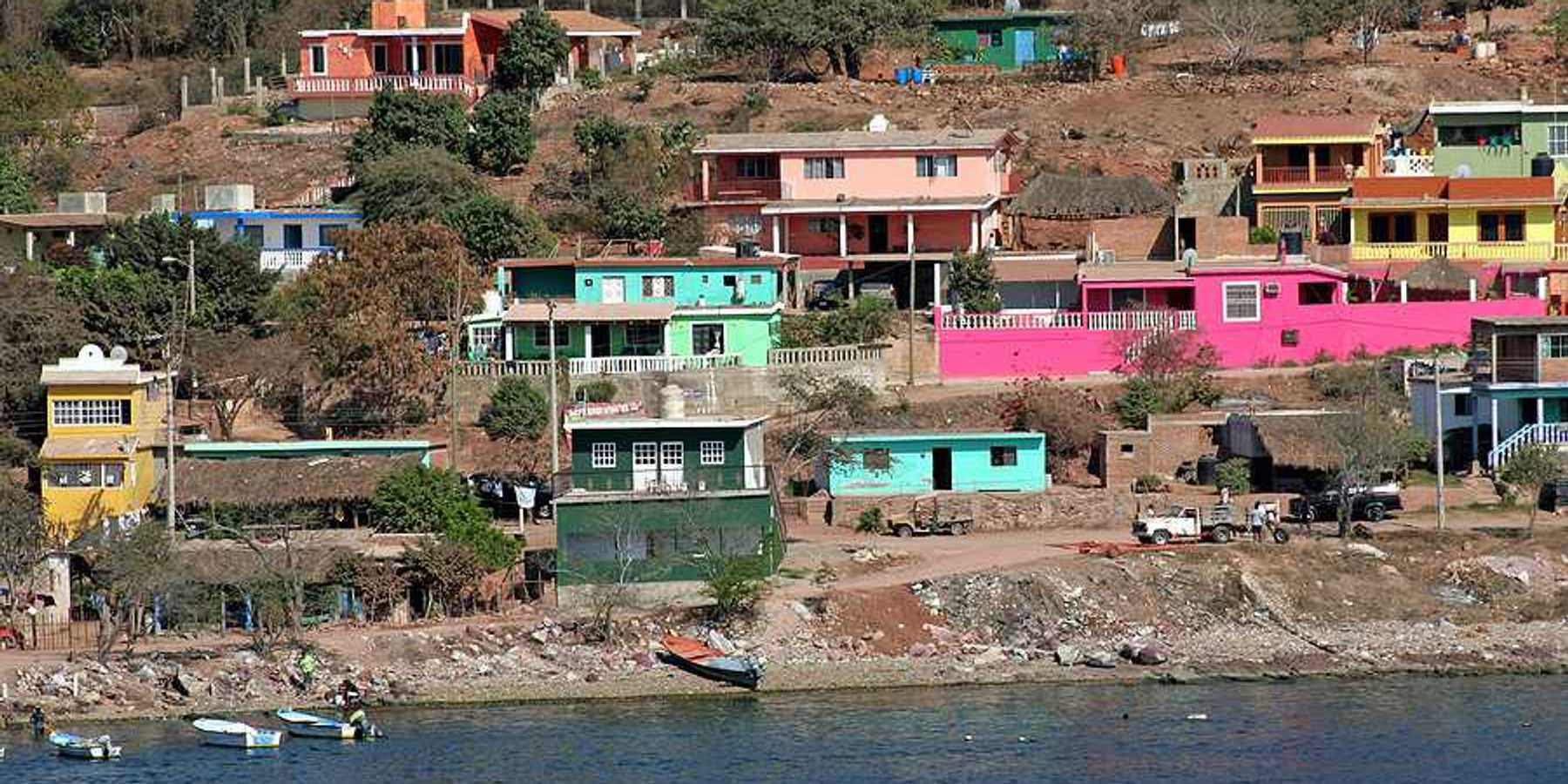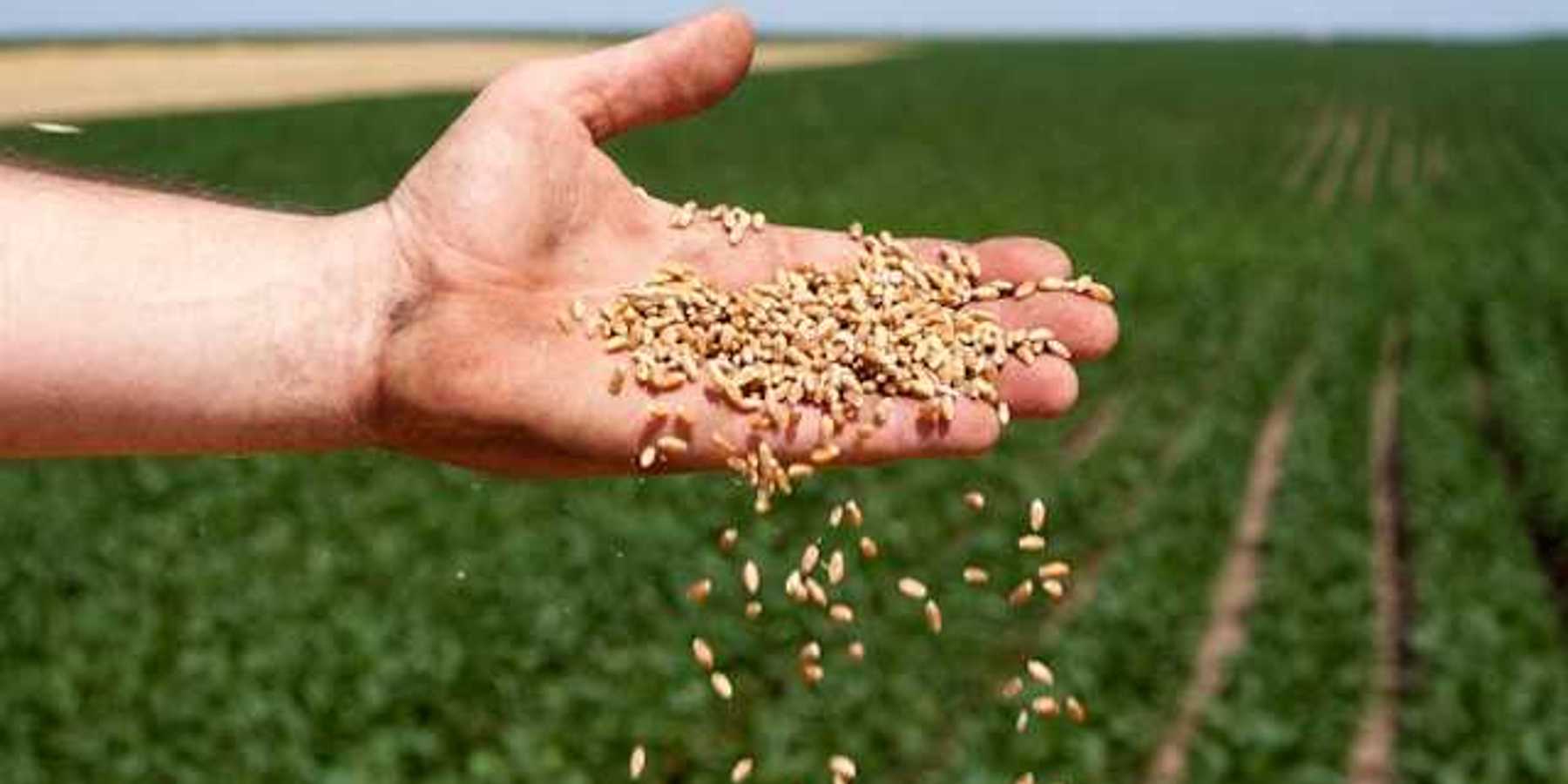Extreme heat and drought weakened forests’ ability to absorb carbon dioxide in 2024
The amount of carbon dioxide in Earth’s atmosphere rose at record speed in 2024, likely because rainforests and other ecosystems, stressed by extreme heat and drought, absorbed far less carbon than usual.
Sarah Kaplan reports for The Washington Post.
In short:
- Data from the National Oceanic and Atmospheric Administration (NOAA) shows atmospheric CO₂ concentrations jumped 3.75 parts per million in 2024, the largest annual increase ever recorded, exceeding the previous 2015 record by 27%.
- Though fossil fuel emissions hit a new high, scientists say this modest rise doesn’t account for the CO₂ spike; instead, they point to stressed forests, wildfires, and prolonged droughts disrupting the planet’s natural carbon sinks.
- A recent El Niño event, followed by persistent dryness in the Amazon and central Africa, significantly diminished the land’s ability to absorb CO₂, potentially turning vital ecosystems into net carbon sources.
Key quote:
“This tropical dryness is basically shutting down CO₂ uptake.”
— Philippe Ciais, associate director of the Climate and Environmental Sciences Laboratory
Why this matters:
For decades, Earth’s forests, grasslands, and oceans have acted like a giant sponge, soaking up nearly half the carbon dioxide emitted by human activities. But when ecosystems like the Amazon rainforest and Congo Basin become stressed — by heat, drought, or fire — their ability to store carbon falters. That means more carbon stays in the atmosphere, accelerating climate change. In 2024, the world saw signs of that shift, as extreme weather events coincided with a breakdown in CO₂ absorption. If such patterns continue, the world could enter a dangerous feedback loop: warming damages ecosystems, which then release more carbon, which in turn speeds up warming. This would make it harder to predict or control climate outcomes, putting human health, food systems, and biodiversity at greater risk.
Read more: Forests struggle to absorb carbon due to extreme heat and wildfires













